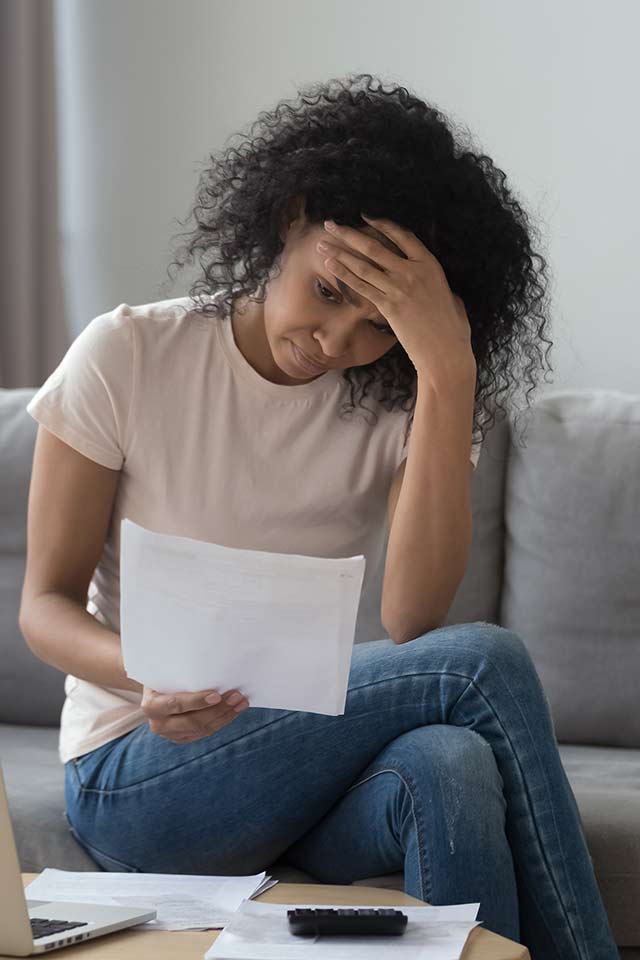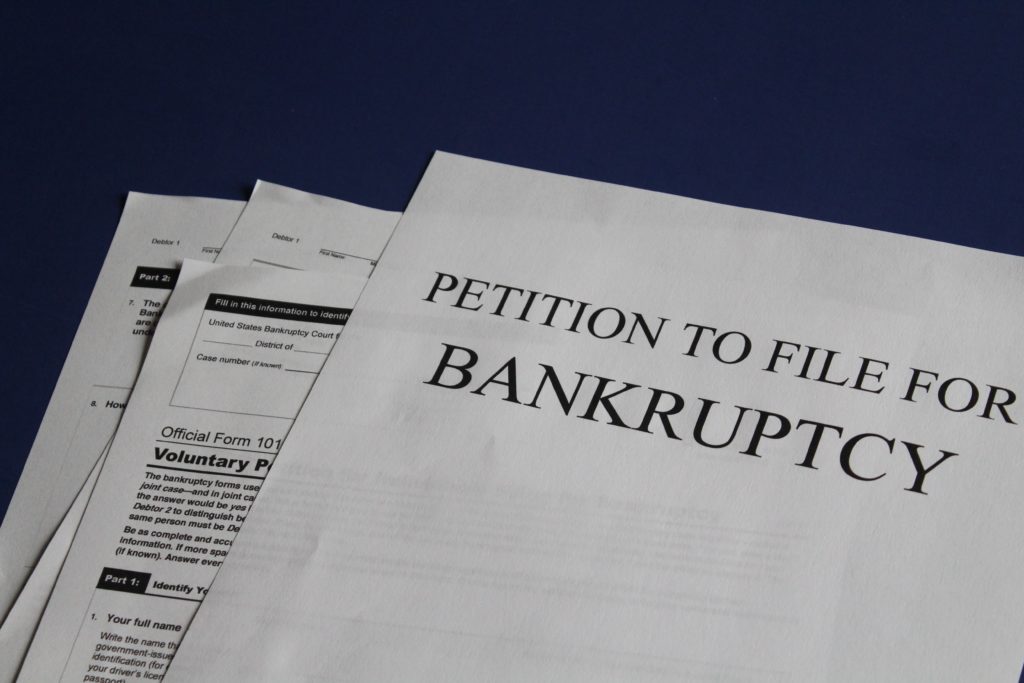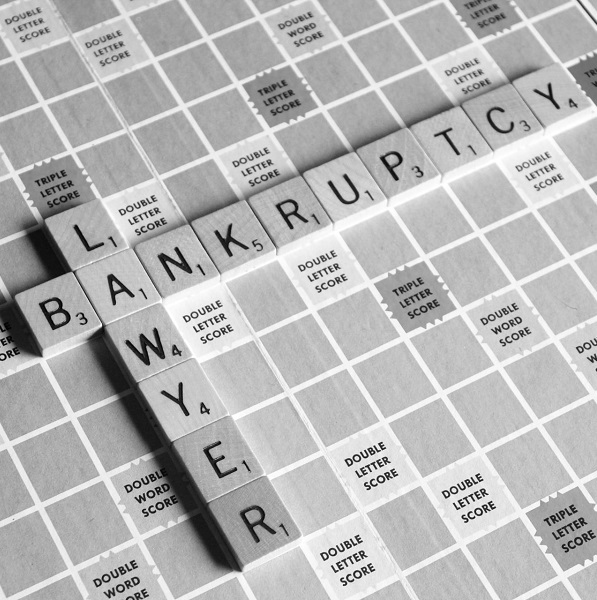What are Bankruptcy Exemptions?
Filing for bankruptcy does not mean that you have to give up everything you own. Under Alabama law, there are some bankruptcy exemptions that help you protect some of your assets.
In Alabama, when you file for bankruptcy, you can opt for either a Chapter 7 or a Chapter 13 bankruptcy.
In brief, Chapter 7 bankruptcy or liquidation means the court will order the sale of your possessions to pay off as much of your debt as possible. Chapter 13 involves the court setting a repayment plan, usually over 5 years.
It depends on your financial circumstances which Chapter you should take. This is something you should discuss with an experienced bankruptcy lawyer before making a decision.
However, if you file a Chapter 7 bankruptcy, you do not have to pay unsecured creditors and your debt will be eliminated. Some of your property will also be protected under bankruptcy exemptions as will be explained in this article.


Why Are There Bankruptcy Exemptions?
Bankruptcy exemptions exist to help individuals filing for bankruptcy protect a certain amount of their assets. This is done so that they don’t have to make a fresh start from zero after settling their bankruptcy.
Going through bankruptcy is difficult and traumatic enough. Leaving someone with nothing would be a devastating position to work back up from.
It’s worth noting that only individuals are able to claim bankruptcy exemptions. Businesses filing Chapter 7 bankruptcy cannot protect their assets. All of a business’s property is either sold or returned to secured creditors to pay unsecured creditors.
Property and Assets Protected Under Alabama Bankruptcy Exemptions Laws
Real Property - Homestead Exemptions
In the state of Alabama, there is something called the ‘Alabama Homestead Exemption.’ This exemption allows individuals to file for bankruptcy and keep their homes, within a certain value.
This exemption amount can also be doubled if a married couple owns the home jointly.
The homestead exemption law was put in place to help homeowners protect the equity they’ve built up in their homes. Essentially meaning an individual can safeguard their property from creditors in the event of bankruptcy.
In Alabama, an individual can use this law to protect real estate up to the value of $15,000. Or, $30,000 in the case of a married couple. The property also cannot exceed 160 acres in size.
Personal Property
Any items owned by a person that is not real estate are looked at as personal property. To get an accurate listing of your property that would be exempt, you would need to compile a list and have a lawyer look through it.
To give you an idea, here are some of the typical items or personal property and household goods that are exempt either fully or partially when you file for a Chapter 7 bankruptcy:
Fully exempt items – A place of burial, clothing, books, and family portraits.
Motor vehicles – Motor vehicles are not exempt, but there are some ways around this. You may be able to use a wildcard exemption (more on this below) if you have equity in your vehicle.
Tools of the trade – You are able to protect your tools if you need them to carry out your trade. For military personnel, uniforms, equipment, and arms are also to be kept.
Wildcard exemptions – You have the ability to protect up to $7,750 in value of any personal property not exempt under Alabama law. This gives you the chance to protect personal items that may be important or valuable to you outside of their monetary value.
If you’re married this limit also applies to your spouse. Therefore, combined you can both protect up to $15,500 in personal property value.
Wages and Financials
Here is a look at how wages and some other financial assets are handled under Alabama law:
Wages – You can keep 75% of your income or 30 times the federal minimum hourly wage or 75% of wages earned but unpaid. The judge also has the power to approve a higher amount for low-income debtors.
Pensions – Tax exempt retirement accounts and some specific pensions for teachers, judges, law enforcement, and other state employees are exempt. It’s a complicated area and one you should discuss with an attorney if you have pensions.
Public benefits – Crime victims’, unemployment, and workers’ compensation benefits are fully exempt. There are additional exemptions for aid paid to the disabled, aged, blind, and others receiving public assistance.
Insurance – Life insurance, mutual aid, and fraternal benefit proceeds are exempt. Disability and annuity proceeds are exempt up to $250/mo.

Can You Use Federal Bankruptcy Exemptions in Alabama?
There are two sets of bankruptcy exemptions that some states can use; federal and state exemptions.
In Alabama, however, you’re only allowed to use state exemptions as outlined in the Alabama code.
To be protected under the Alabama bankruptcy exemptions, you are required to have been a permanent Alabama resident for at least two years prior to filing your bankruptcy case. This rule is in place to stop people from moving to Alabama or filing from a state with less generous exemptions.
The exemption amounts are adjusted every three years to account for inflation. For some items, judges also have the power and freedom to make a different determination based on the filers’ personal circumstances.
Can You Use Federal Bankruptcy Exemptions in Alabama?
There are two sets of bankruptcy exemptions that some states can use; federal and state exemptions.
In Alabama, however, you’re only allowed to use state exemptions as outlined in the Alabama code.
To be protected under the Alabama bankruptcy exemptions, you are required to have been a permanent Alabama resident for at least two years prior to filing your bankruptcy case. This rule is in place to stop people from moving to Alabama or filing from a state with less generous exemptions.
The exemption amounts are adjusted every three years to account for inflation. For some items, judges also have the power and freedom to make a different determination based on the filers’ personal circumstances.
Contact an Experienced Alabama Bankruptcy Lawyer Today
Do you live in Alabama and believe you cannot pay your debts? If you want further information about Alabama Bankruptcy Exemptions, contact the experienced legal team at LaPlante, Merritt, Faulkner, Wilson & Clay, LLC today.
We will talk you through your options and advise you of the best course of action based on your individual circumstances.
Call us at (256) 236-7354 to schedule a consultation and learn more about bankruptcy and how it can affect your life.
